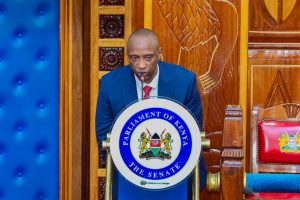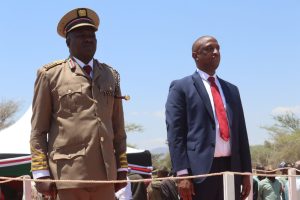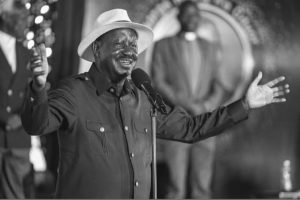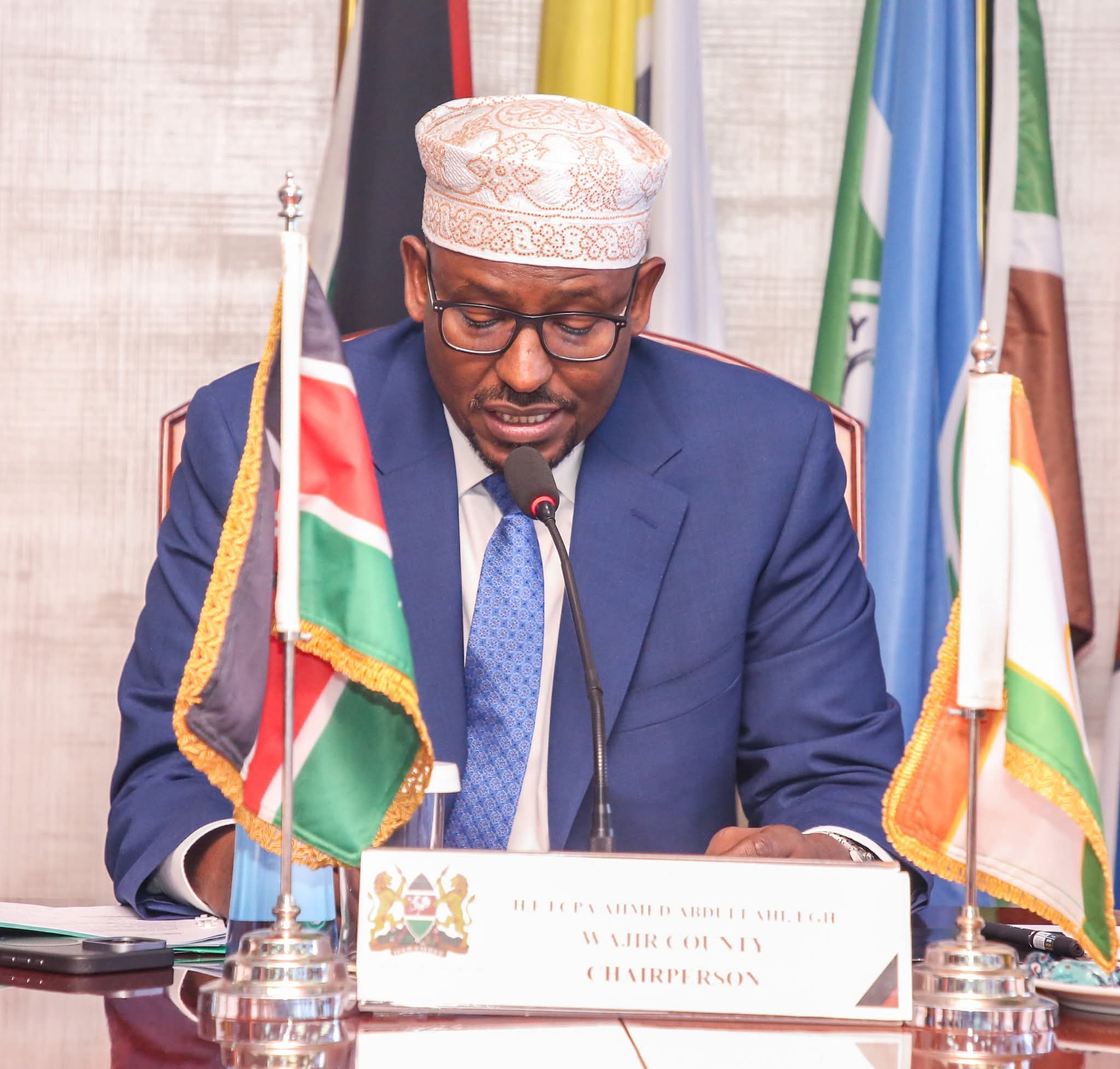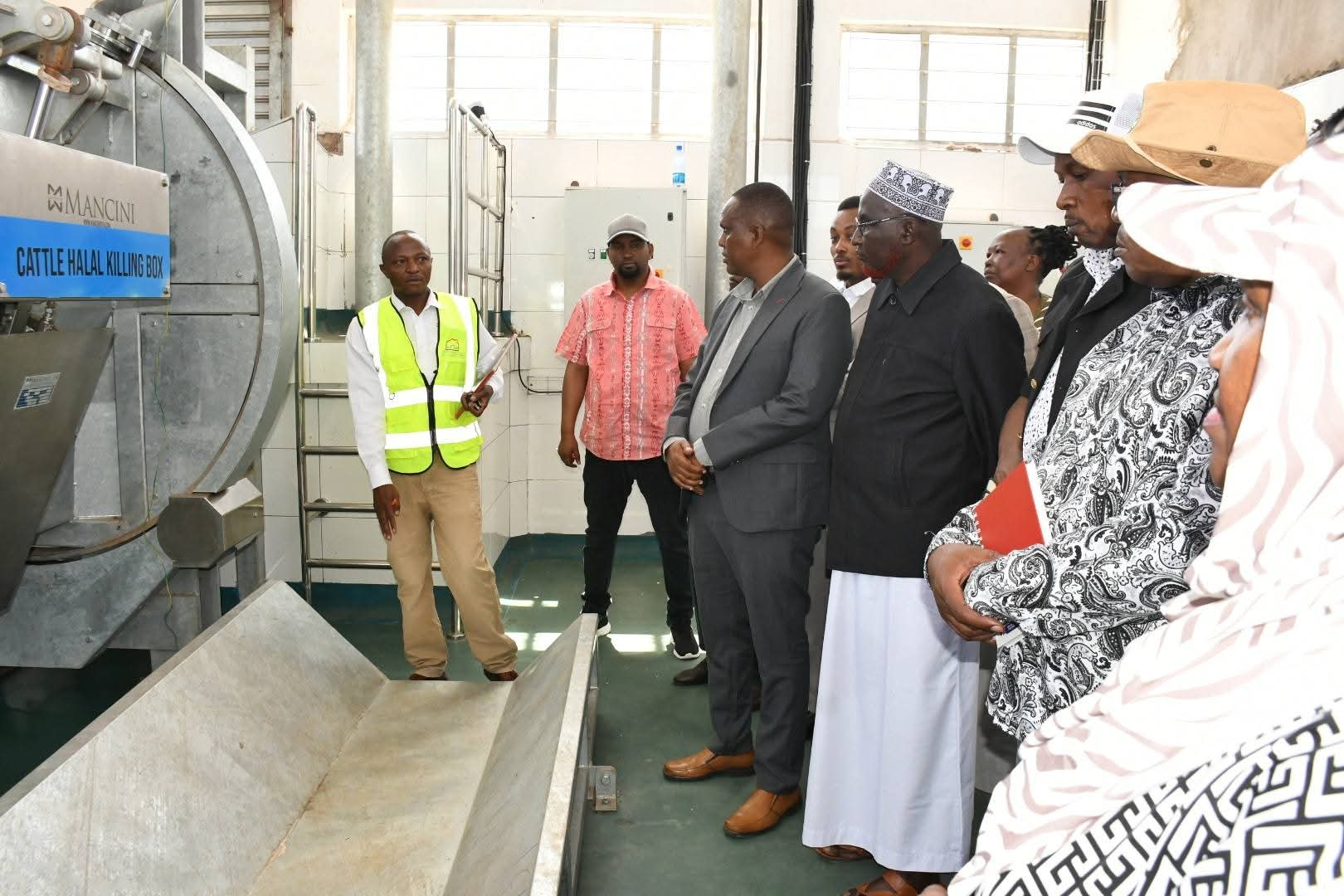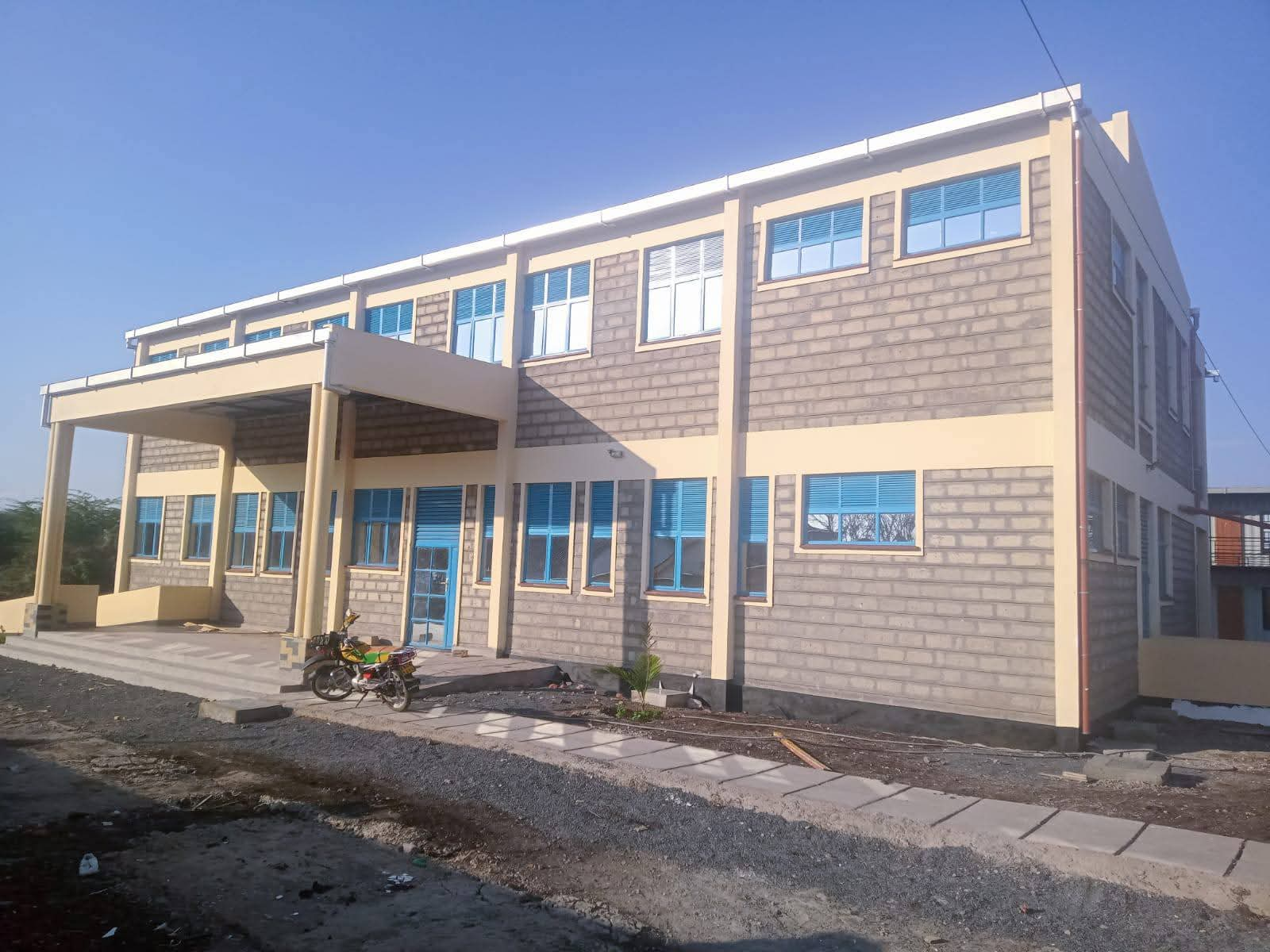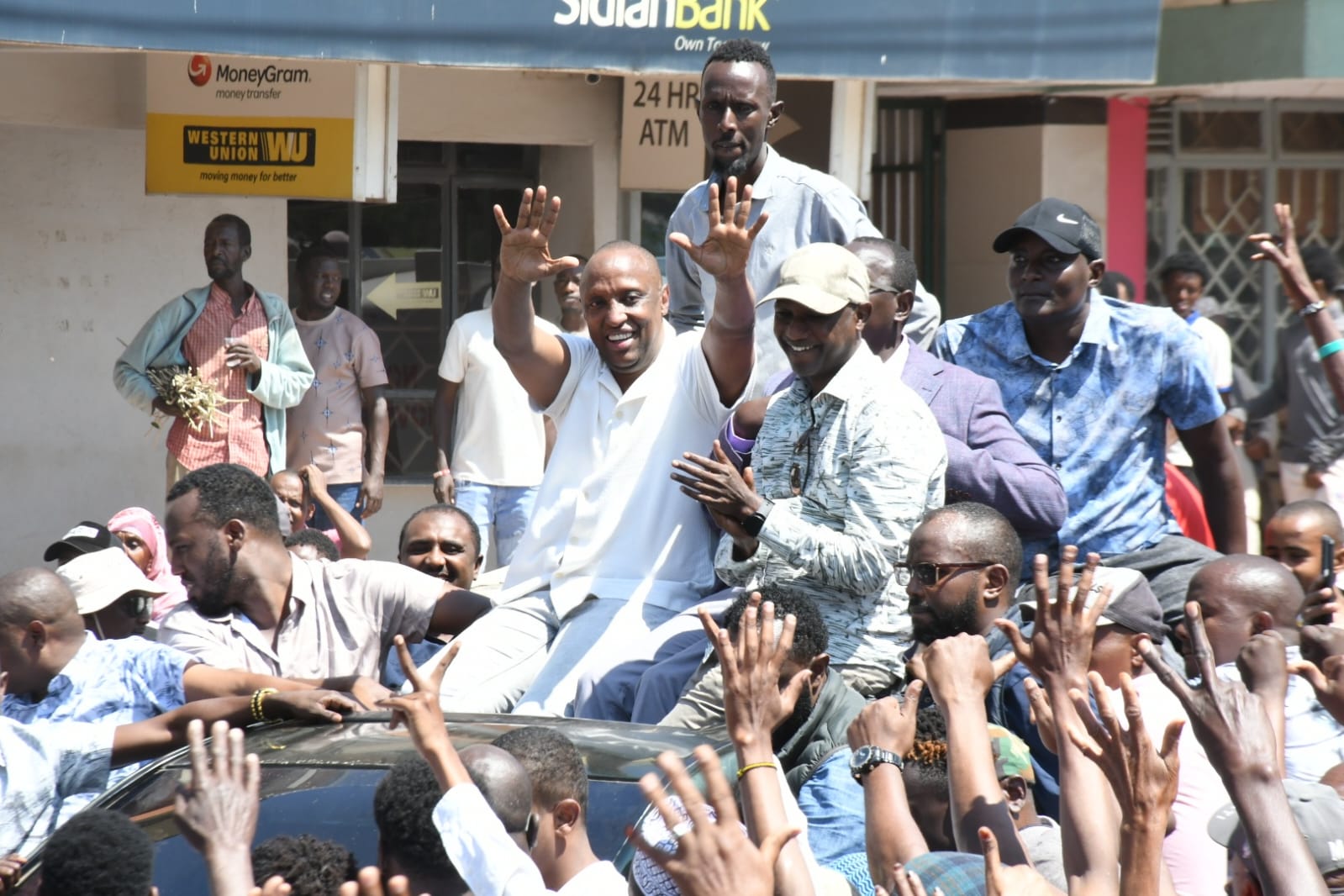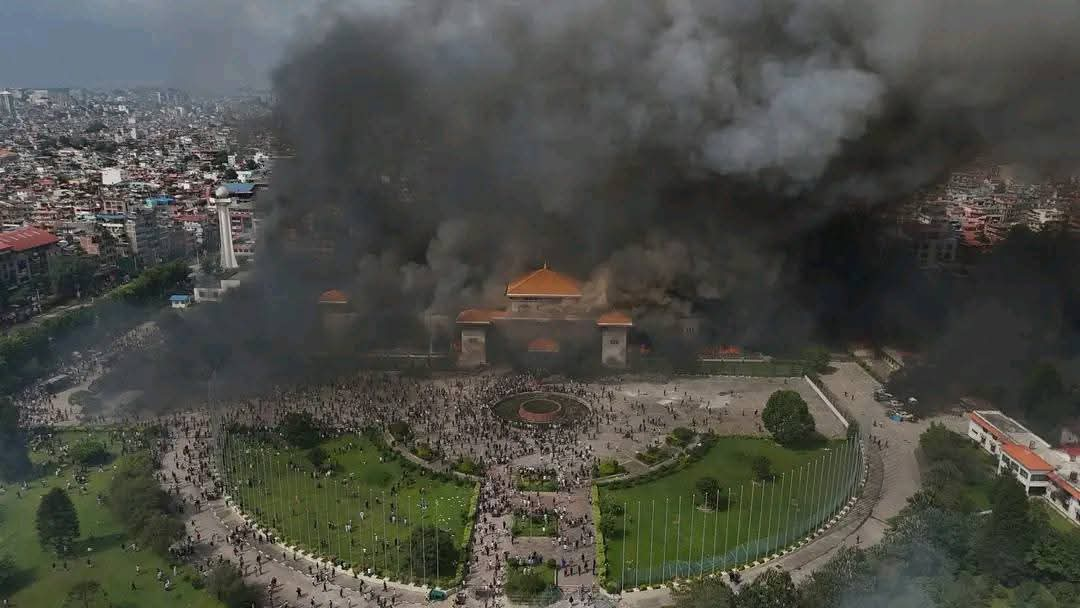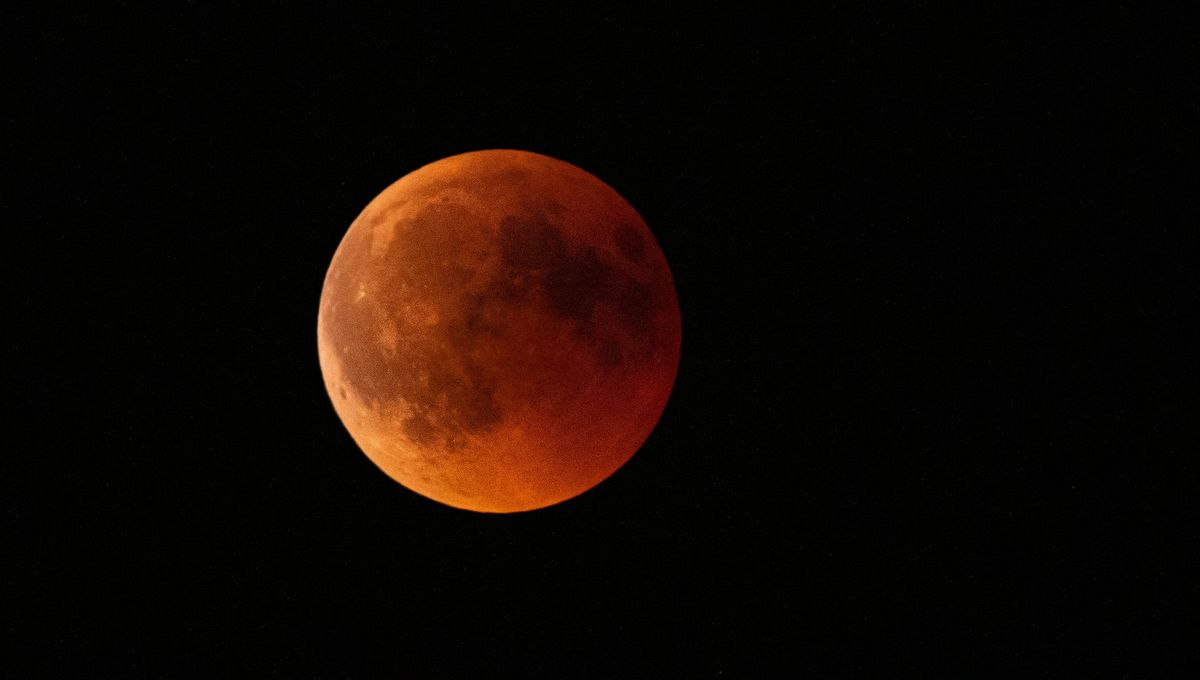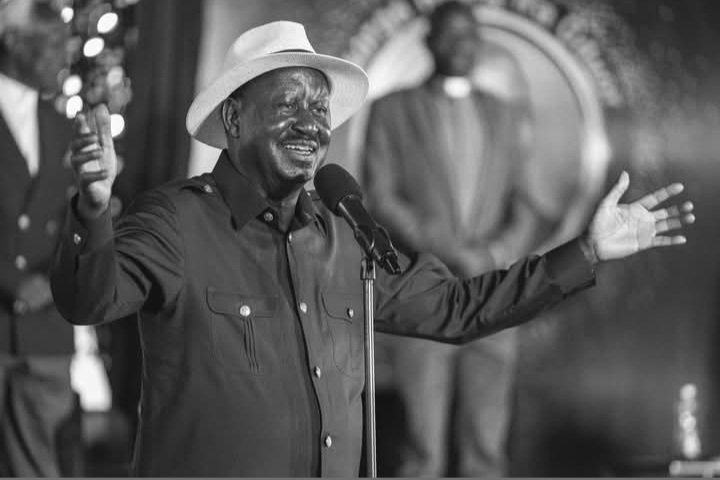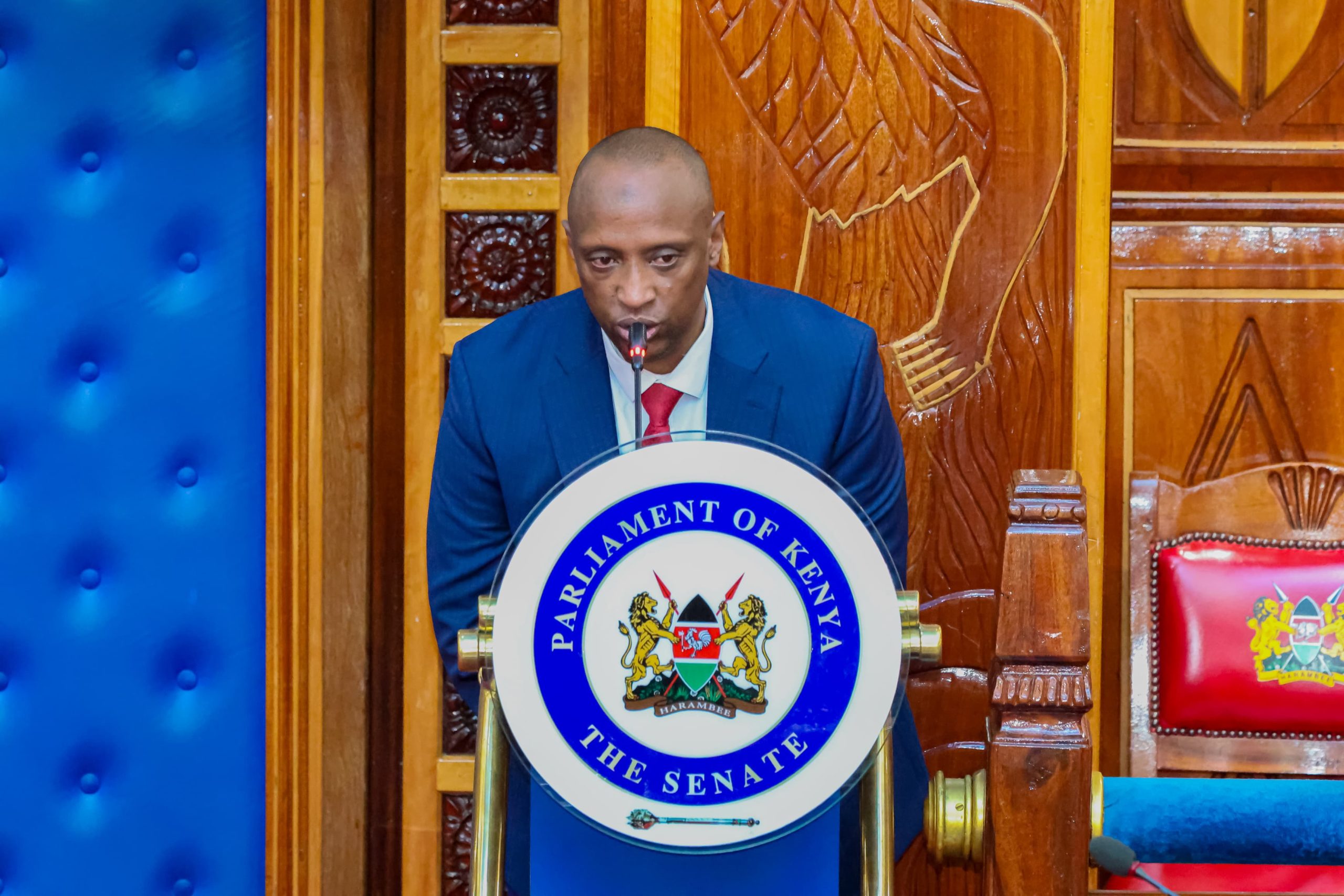NAIROBI, Kenya – Raila Odinga’s death in India has plunged Kenya into mourning. The former Prime Minister and veteran opposition leader passed away at 80, leaving behind a legacy that shaped Kenya’s democracy and inspired generations.
Doctors at Devamatha Hospital in Kerala pronounced Odinga dead at 9:52 a.m. local time (2:22 a.m. Kenyan time). He suffered cardiac arrest during a morning walk while undergoing treatment for diabetes, kidney complications, and deep vein thrombosis.
Kenyans across the country reacted with shock to the news. In Nairobi’s Kibera and Kisumu, supporters waved tree branches and sang freedom songs that once defined Odinga’s fight for democracy. Meanwhile, social media flooded with tributes and memories of his long political journey. “We have lost the father of our freedom,” said Jacob Otieno Akach, 75, from Kisumu.
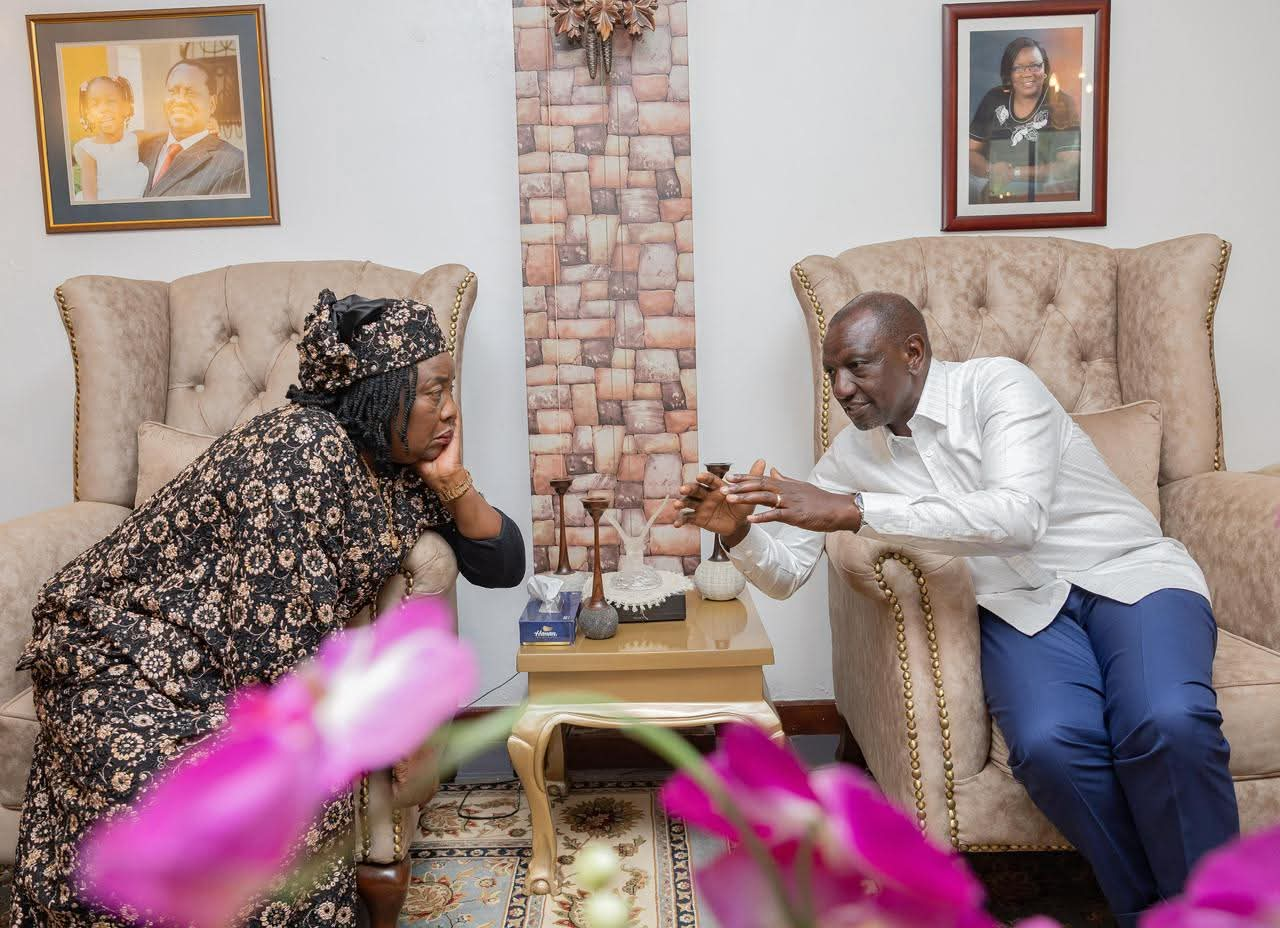
Soon after the announcement, President William Ruto visited the Odinga family. He declared seven days of national mourning and said the government would accord Odinga a state funeral. “Raila Odinga was a patriot and a reformist who gave his all for Kenya,” President Ruto said. “His courage and resilience changed the course of our nation.”
In recent months, Ruto and Odinga had held several private meetings as the President pushed for a broad-based government that included opposition voices. Their talks, therefore, reflected the spirit of the 2018 handshake between Odinga and former President Uhuru Kenyatta, which had eased tensions after the disputed 2017 election.
Across Africa and beyond, tributes continued to pour in. For instance, African Union Chairperson Mahmoud Ali Youssouf described Odinga as “a towering champion of democracy.” Likewise, Indian Prime Minister Narendra Modi hailed him as “a bridge between Kenya and India.” Meanwhile, Tanzanian President Samia Suluhu Hassan said Odinga “inspired generations to believe in African unity and justice.”
Born on January 7, 1945, in Maseno, Kisumu County, Odinga was the son of Kenya’s first Vice President, Jaramogi Oginga Odinga. He studied engineering in East Germany before returning home to join the struggle for political freedom. Later, he would become one of the leading voices against one-party rule.
Odinga’s political journey began in the 1970s and spanned more than five decades. His detention after the failed 1982 coup against President Daniel arap Moi marked the start of long years of persecution. Despite this, he remained defiant and later helped lead the reform movement that ended one-party rule and introduced multiparty democracy in 1991.
He ran for president five times, in 1997, 2007, 2013, 2017, and 2022, coming closest in 2007, when disputed results sparked violence that killed more than 1,200 people. As a result, a power-sharing deal with President Mwai Kibaki made him Kenya’s second Prime Minister. Under the coalition government, Odinga helped usher in the 2010 Constitution, which devolved power and strengthened citizens’ rights.
Although he never became president, Odinga’s influence on Kenya’s political landscape remains unmatched. He shaped national debates on justice, devolution, and accountability, and inspired generations to demand better governance.
“Kenya is freer because of Raila,” said political analyst Nanjala Nyabola. “He expanded the boundaries of what was possible in our democracy.”
Odinga is survived by his wife, Ida Odinga, son Raila Jr, and daughter Winnie. His eldest daughter, Rosemary, died in 2018 in the same Indian hospital. According to the family, he will be laid to rest within 72 hours, in line with Luo and Orthodox traditions.
As the country mourns, flags fly at half-mast and leaders call for unity. Ultimately, Kenyans remember Raila Odinga as the man who never entered State House but changed the presidency forever.
